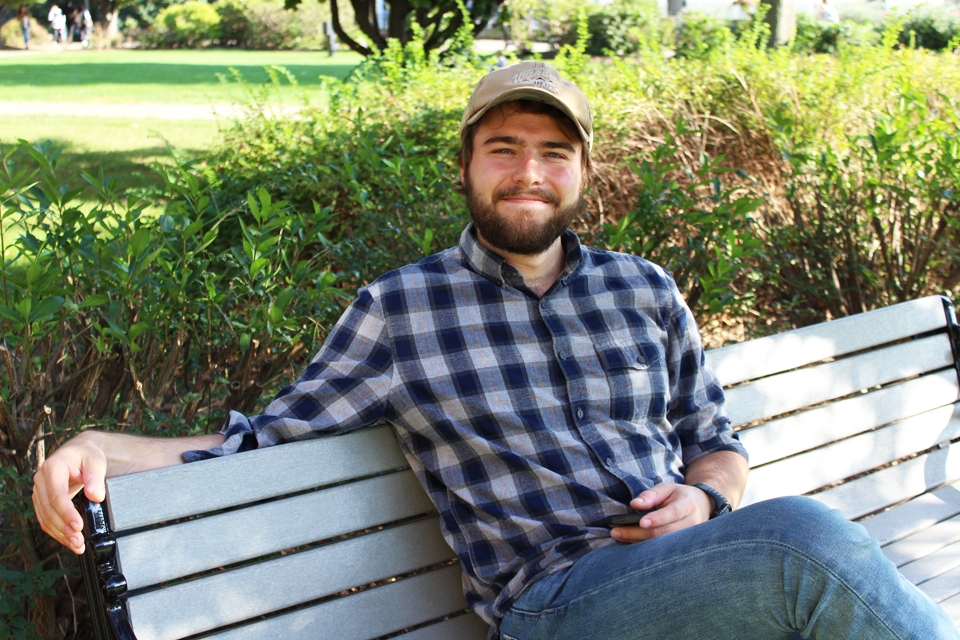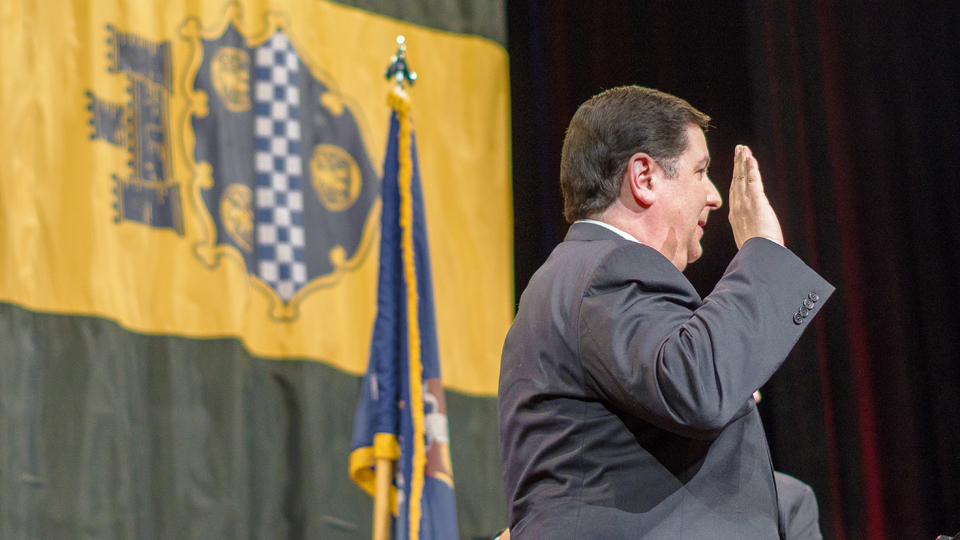
By Rebekah Devorak | Opinions Editor
On Jan. 27, President Donald Trump signed an executive order banning those from seven predominantly Muslim nations – Iraq, Syria, Iran, Libya, Somalia, Sudan and Yemen – from entering the United States for at least 90 days. This includes those immigrating, as well as those traveling. This order also halts any refugee’s access into the U.S. for four months and indefinitely prohibits the entry of those escaping from the war in Syria.
Protecting the safety of Americans and those who immigrate here in search of a place where they can live without worry is incredibly important. However, when that act to secure our safety also endangers the lives of millions of other people, that is when there is a serious problem.
Trump’s “Muslim Ban” is un-American to its core. For someone who wants to “Make America Great Again,” he seems to forget that the backbone of this country was built by immigrants. Apart from those who are American Indian or Alaskan Native – which the United States Census Bureau said in 2010 made up 0.9 percent of the entire U.S. population – we are all technically immigrants in our history. Every last one of us.
Each city within the U.S. that we all know and love, from New York to Pittsburgh, showcases the handprints of a strong immigrant population. From food, to culture, to varied neighborhoods found all across America, this country would not be the same without its influence from other parts of the world. Not allowing Muslims to travel here not only damages our tourism, but it also does an incredible disservice to the diversity that this nation is known for.
Even the most “American” things we can think of have foreign origins. Henry Ford, the creator of the mass-produced automobile, had parents who were Irish and Belgian immigrants. The Statue of Liberty was designed by Frédéric Auguste Bartholdi, a Frenchman. Apple pie isn’t even American: The earliest recipe dates back to 1381 in England.
Beyond that, to indefinitely halt the entrance of those fleeing from war-torn Syria is essentially a death sentence to thousands – if not potentially millions – of people. According to the United Nations, at least 400,000 have been killed in the Syrian War between March 2011 and April 2016, a large majority of them women and children.
Have we grown so selfish as a country, only ever protecting ourselves, that we’ve forgotten about the families who drown trying to escape the country on plastic rafts? Have we grown so callous as a nation that we’ve forgotten about Aylan Kurdi, the little boy who washed up dead on Turkish shores in 2015? Have we grown so blind as a nation that we’ve forgotten about the tweets sent from those stuck in Aleppo during the bombings, convinced they are sending out their last words?
If there was ever a time to open America’s borders to a group of people, it’s right now with the Syrians.
This order does nothing but further marginalize a group that believes it is so marginalized to begin with, an off-shoot part of the population violently radicalized itself in order to do something about it. Hatred breeds hatred. Intolerance breeds intolerance. Teaching an entire nation to despise those who belong to the world’s second-largest religion as the scum of the Earth will only result in that narrative being passed along to future generations.
Humans are habitual creatures, and these are dangerous behaviors to be making habits of.
As a Catholic university, we cannot support this executive order issued by Trump. There is nothing Christian about alienating a group of people and keeping them from true safety simply because they might or might not harm us once they arrive. Jesus teaches his followers to love all people, not just those who are certain to be kind to us.
I commend President Ken Gormley for issuing a campus-wide statement in which he guaranteed his commitment to “furthering God’s creation by respecting the individuality and worth of each individual human being, whether born in the United States or elsewhere.”
If only the President of the United States could be so understanding.




